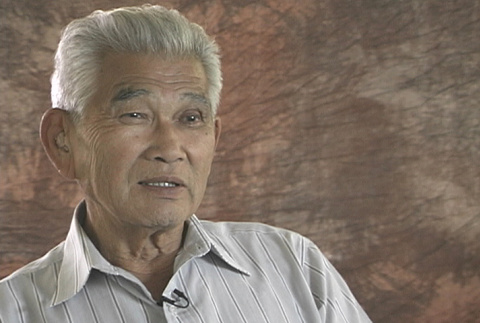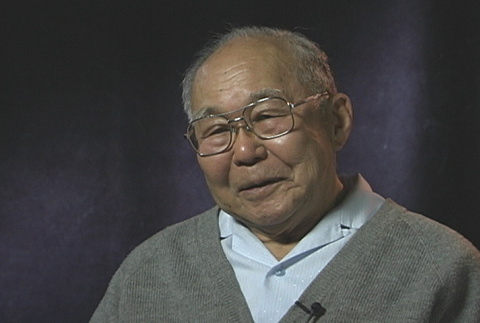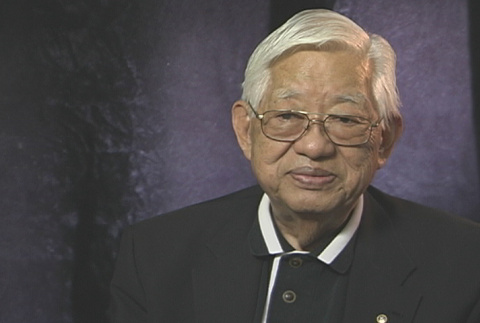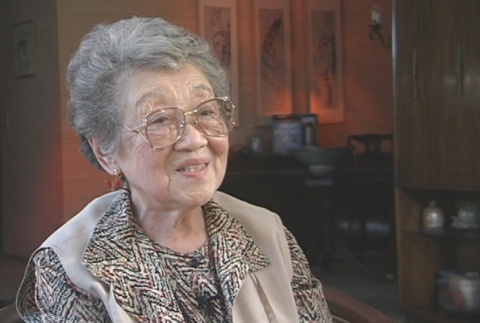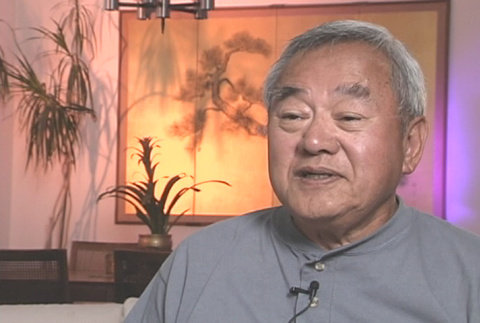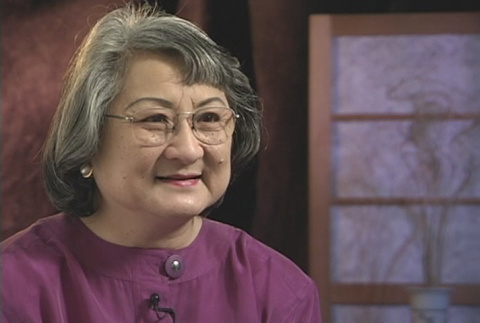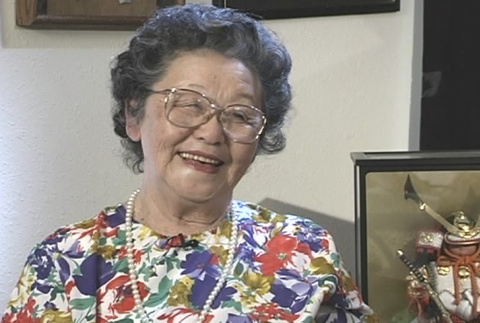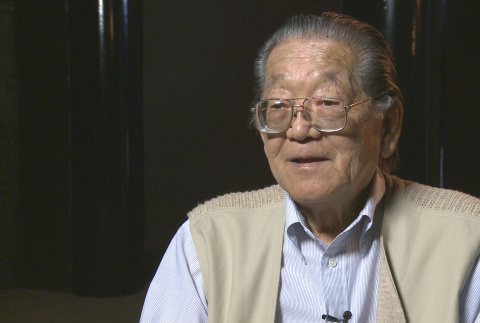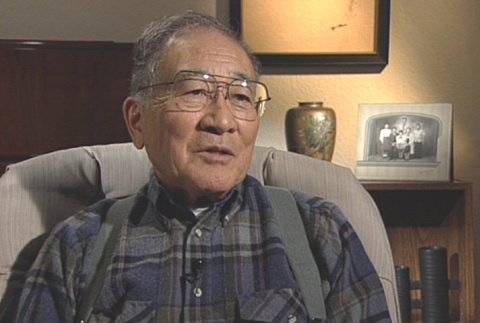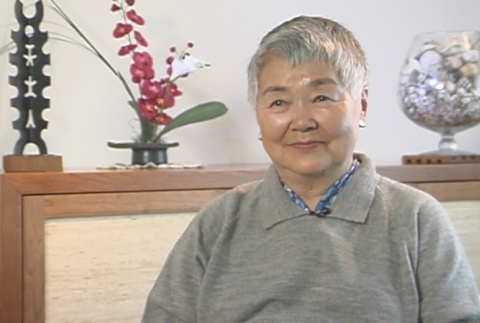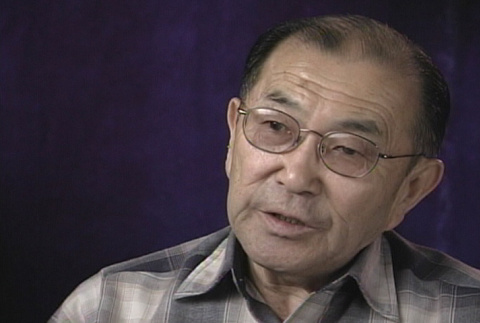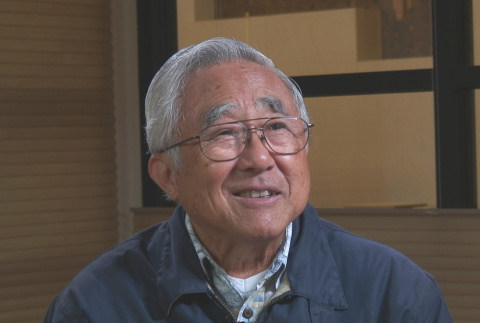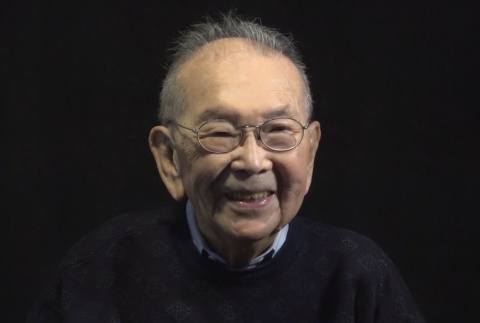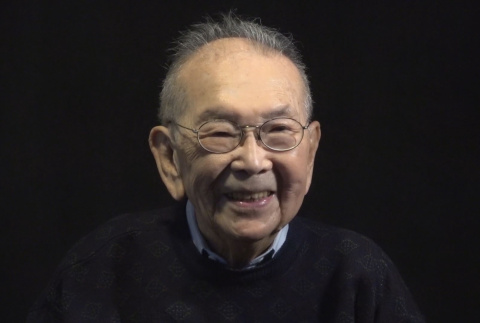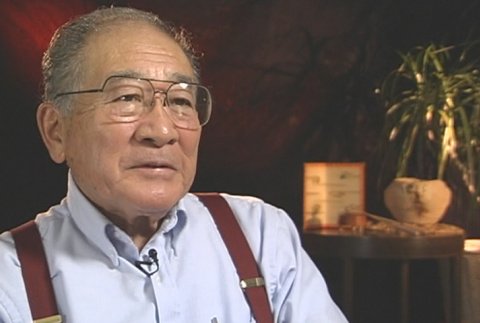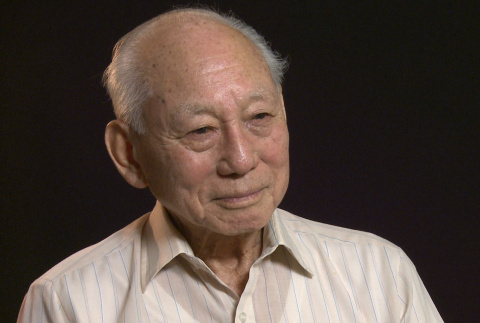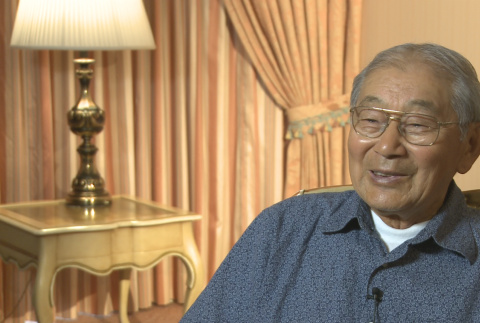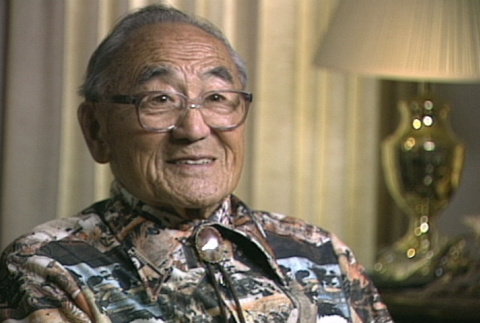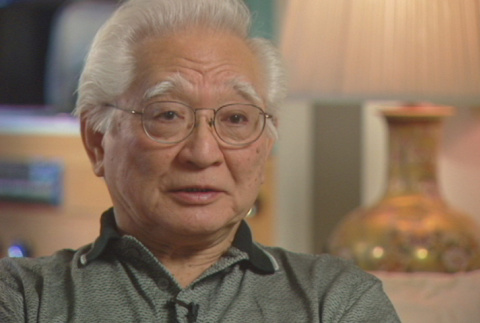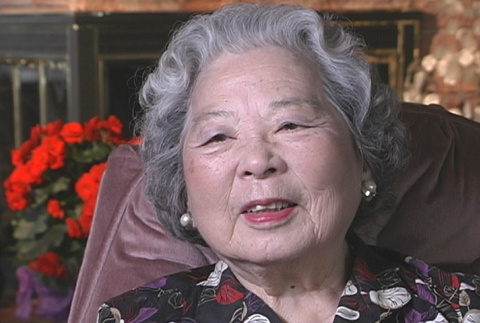Economic losses
The economic and emotional toll associated with the uprooting of Japanese Americans from their homes and businesses was enormous. The cost was especially high for the issei (first-generation immigrants), who had worked most of their lives to establish financial security for themselves and their children. Many Japanese Americans bitterly recall being forced to sell property, personal belongings, and business equipment for a fraction of their value to opportunistic scavengers. Evacuees could take only what they could carry. They left behind heirlooms, cherished toys, and family pets. Farmers continued to work for a harvest they would never see, told it would be "disloyal" to stop. The bustling Nihonmachis (Japantowns) of the West Coast closed down and never fully recovered, even after the war ended.
World War II
(231)
Economic losses
(561)
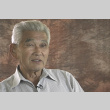
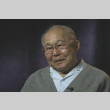
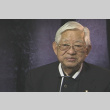
This interview was conducted as part of a project to capture stories of the Japanese American community of Spokane, Washington. Densho worked in collaboration with the Northwest Museum of Arts and Culture.
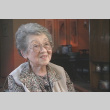
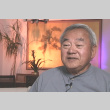

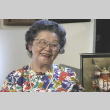
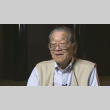
This material is based upon work assisted by a grant from the Department of the Interior, National Park Service. Any opinions, finding, and conclusions or recommendations expressed in this material are those of the author(s) and do not necessarily reflect the views of the Department of the Interior.
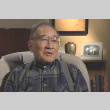
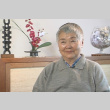
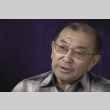
This interview is part of a collaborative effort of the Puyallup Valley Japanese American Citizens League and Densho.
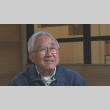


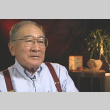
Members of the National Japanese American Historical Society (NJAHS) arranged for and conducted this interview in conjunction with Densho.
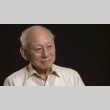

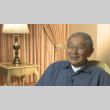
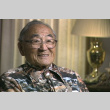
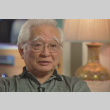
This material is based upon work assisted by a grant from the Department of the Interior, National Park Service. Any opinions, finding, and conclusions or recommendations expressed in this material are those of the author(s) and do not necessarily reflect the views of the Department of the Interior.

This interview was conducted by the Japanese American Museum of San Jose, and is part of a project entitled "Lasting Stories: The Resettlement of San Jose Japantown," a collaborative project between the Japanese American Museum of San Jose and Densho.

This interview was conducted by the Japanese American Museum of San Jose, and is part of a project entitled "Lasting Stories: The Resettlement of San Jose Japantown," a collaborative project between the Japanese American Museum of San Jose and Densho.


This interview was conducted by the Japanese American Museum of San Jose, and is part of a project entitled "Lasting Stories: The Resettlement of San Jose Japantown," a collaborative project between the Japanese American Museum of San Jose and Densho.

